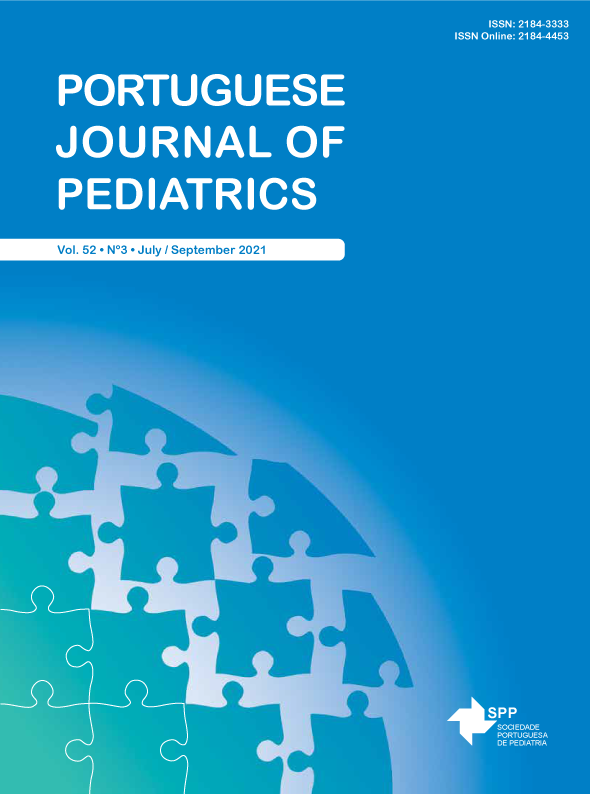A Treatable Cognitive Regression in an Adolescent with Down Syndrome
Date of submission: 05-05-2020 | Date of acceptance: 07-01-2021 | Published: 02-07-2021
DOI:
https://doi.org/10.25754/pjp.2021.20015Abstract
Depression may manifest through different ways in people with Down syndrome. Cognitive regression and loss of adaptive skills could be the most noticeable clinical signs. This report presents a case of a 14-year-old female adolescent with Down syndrome and proper premorbid function who developed progressive cognitive regression, for a period of four months. Additional symptoms consisted of irritability, psychomotor slowness, a deficit in social interaction, loss of interest and incoherent and imperceptible self-talk. No signs of sadness were noted. The patient was diagnosed as having a major depressive disorder with mood-incongruent psychotic features. Organic causes were excluded. After starting treatment with fluoxetine 50 milligrams per day and aripiprazole 10 milligrams per day, an improvement was observed over a period of 12 weeks. By presenting this case, we aim to highlight specific challenges regarding the diagnosis and treatment of Down syndrome adolescents and young adults presenting with subacute cognitive regression
Downloads
Downloads
Published
Issue
Section
License

This work is licensed under a Creative Commons Attribution-NonCommercial-NoDerivatives 4.0 International License.









